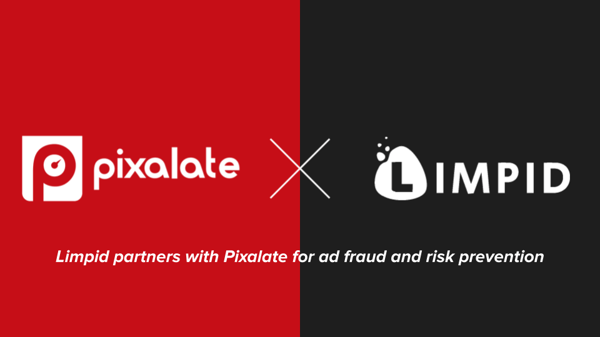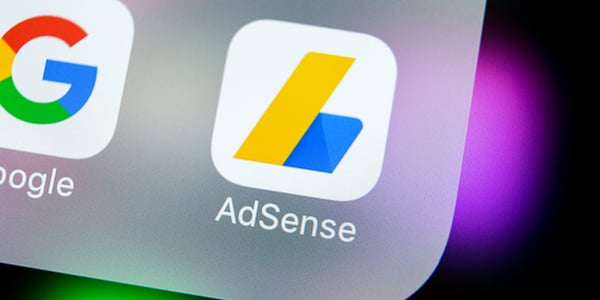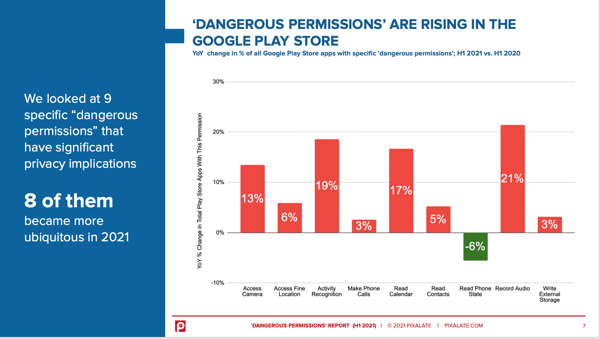
This week's review of ad fraud and quality in the digital advertising space.

Limpid announces business partnership with Pixalate as an additional security measure, protecting Limpid’s advertisers from fraudulent traffic schemes across channels and formats.
“APAC advertisers are under attack from ad fraud schemes across all devices, with an increased focus on emerging channels like Connected TV (CTV),” said Alvin Ling, Pixalate’s Director of Customer Success, APAC. “Pixalate holds Media Rating Council (MRC) accreditation across 20+ measurement areas, including 12 distinct Server-Side Ad Insertion (SSAI) measurement metrics, to guard against fraudsters’ favorite attacks, and we applaud Limpid for working diligently to improve quality across their platform as ad fraud risks continue to grow in the region.”
 Learn more from our press release.
Learn more from our press release.

"Facebook Inc. announced it is pausing work on rolling out an Instagram Kids site after the social networking company came under criticism for its negative effect on children, especially on teenage girls," according to AdAge.

"The Federal Trade Commission is considering strengthening online privacy protections, including for children, in an effort to bypass legislative logjams in Congress," informs the Wall Street Journal.

Google will no longer use last-click attribution as the default conversion model in Ads. "The change will mean that, going forward, the default attribution method for any conversion touchpoint – a new product purchase page, app install campaign, display ad landing page – will fall into what Google calls “data-driven attribution,” its algorithmic solution that assigns credit to different impressions over time," informs AdExchanger.

Pixalate recently released a report about potentially dangerous permissions in apps from the Google Play Store. Along with the report, we published blogs with some insights regarding potentially the most concerning privacy issues dangerous permissions could cause:
Want more? Register to watch our webinar on October 14, 2021, we will review this data — and other data about risk factors in the mobile in-app ecosystem — in greater detail.
*By entering your email address and clicking Subscribe, you are agreeing to our Terms of Use and Privacy Policy.
These Stories on Weekly Recaps
*By entering your email address and clicking Subscribe, you are agreeing to our Terms of Use and Privacy Policy.

Disclaimer: The content of this page reflects Pixalate’s opinions with respect to the factors that Pixalate believes can be useful to the digital media industry. Any proprietary data shared is grounded in Pixalate’s proprietary technology and analytics, which Pixalate is continuously evaluating and updating. Any references to outside sources should not be construed as endorsements. Pixalate’s opinions are just that - opinion, not facts or guarantees.
Per the MRC, “'Fraud' is not intended to represent fraud as defined in various laws, statutes and ordinances or as conventionally used in U.S. Court or other legal proceedings, but rather a custom definition strictly for advertising measurement purposes. Also per the MRC, “‘Invalid Traffic’ is defined generally as traffic that does not meet certain ad serving quality or completeness criteria, or otherwise does not represent legitimate ad traffic that should be included in measurement counts. Among the reasons why ad traffic may be deemed invalid is it is a result of non-human traffic (spiders, bots, etc.), or activity designed to produce fraudulent traffic.”

